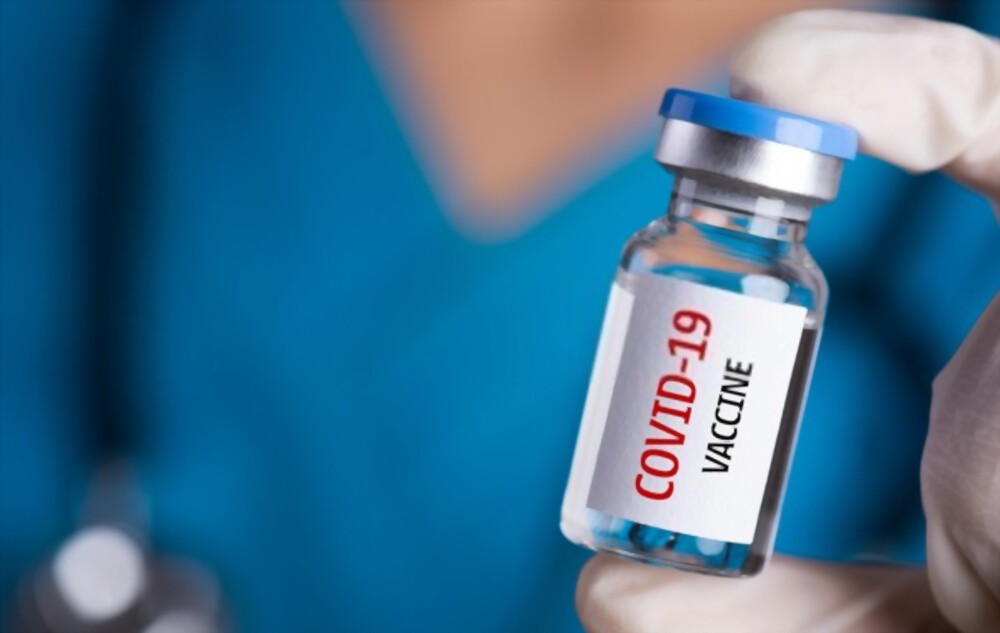Media reports about deaths and hospitalisations of fully or partially vaccinated people in this global pandemic can be a bit confusing, making it hard to work out what the benefit would be for us and our loved ones. We may also wonder if the three vaccines available in Australia - Vaxzevria, Comirnaty and and now Spikevax - are effective enough at protecting people, and also if that protection lasts in the long term.
How Do the Vaccines Work?
According to the Federal Government Department of Health website, the COVID-19 vaccines train your immune system to identify and clear out the virus before it has a chance to make you seriously ill. This protection is built up over time by your immune system, taking a couple of weeks after your second injection for the best response.
But no vaccine offers everyone 100 percent protection. Some fully vaccinated people, such as those with compromised immune systems, face an increased risk and have a higher chance of becoming quite sick. Some may even die if they have a more severe illness and serious underlying health conditions. But the more people who are vaccinated, the safer they are (thanks to herd immunity) and the safer we all will be as a result.
Can I Still Transmit COVID-19 to Others?
Research in the US and UK shows that whilst the COVID-19 vaccines don’t stop you from contracting COVID, even the Delta strain, they offer good protection against severe disease, from requiring hospitalisation, and from dying. However, even the complete course of the vaccine will not stop you from transmitting the disease to unvaccinated people and even fully vaccinated household members, healthcare workers or other vaccinated individuals (assuming you take no other protective measures e.g., masks). You are less likely to transmit the virus to others though and the time you are infectious will be shorter in most cases.
What About Booster Shots?
In the UK, people over 50 years of age have been offered a third dose and that being extended to the 40-49 years age group, while booster vaccines are now also offered to all adults in the USA, but particularly for people aged over 50.
The Australian Technical Advisory Group on Immunisation (ATAGI) recommended a third dose of a COVID-19 vaccine for people who are severely immunocompromised and face a higher risk of breakthrough infection. The Government responded by offering this extra shot to protect people with poor immune responses who are most at risk first, and now also those for whom the primary course of COVID-19 vaccines was more than six months previously.
How Long Does Vaccine Protection Last?
Clinical trials are underway in Australia and overseas to find out how long the protection of the COVID-19 vaccines will last. But current research shows the vaccines are still highly effective at preventing serious disease and death six months after a full vaccination course. This includes substantial protection against Delta, one of the more highly transmissible variants.
Australian National University infectious diseases microbiologist and physician, Professor Peter Collignon told ABC News that all three vaccines available here are showing high levels of effectiveness, even over time. He also said the vaccines are proving to be even better at lessening your risk of dying by probably 95 to 98 per cent.
In Australia, the vast majority of deaths and hospitalisations from COVID-19 infection have sadly occurred in people who are unvaccinated.
How Likely Am I to Get Infected?
If you have not been vaccinated, your chances of becoming infected with COVID-19 are extremely high, especially with the Delta variant circulating in many communities. However, if you are double-dosed, you may still become infected but your chances of serious illness and death are much lower.
Research in the UK shows the Pfizer vaccine, Comirnaty, is 80 percent effective against the Delta variant, while the AstraZeneca vaccine (Vaxzevria) is 67 percent effective. Other early studies suggest little difference between the two vaccines and they both lessen infection risk by 80 per cent.
As Australian states affected by COVID open up, people must adhere to the health authorities’ public health measures, like wearing a face mask indoors, physical distancing and sanitising, and infected people must isolate when they test positive.
Why Are the Vaccinated Less Likely to Spread COVID?
A vaccinated person has an estimated 10-fold reduced risk of becoming infected with COVID-19 and, if they do contract the illness, their viral load is also lower overall. Evidence suggests their risk of spreading COVID-19 is much less - at least 50 per cent less - than if they were not vaccinated. Read more
According to Professor Collignon, fully vaccinated people have reduced their own risk of contracting COVID-19 and therefore have reduced the risk of transmitting the virus to others, aided by generally experiencing only mild symptoms from their infection, without severe illness, and for a much shorter time.
Get Further Advice Here
For more detailed information on COVID-19, and to secure your travel vaccines (including for COVID-19), call Travelvax. You need to be ready and well-armed against all the infections, contagious diseases and parasites so you can take off when we can all travel freely over the world.
References
- https://www.health.gov.au/initiatives-and-programs/covid-19-vaccines/approved-vaccines/how-they-work
- https://www.cdc.gov/coronavirus/2019-ncov/science/science-briefs/fully-vaccinated-people.html
- https://www.health.gov.au/news/atagi-statement-on-the-use-of-a-3rd-primary-dose-of-covid-19-vaccine-in-individuals-who-are-severely-immunocompromised
- https://www.health.gov.au/initiatives-and-programs/covid-19-vaccines/is-it-true/is-it-true-how-long-will-the-covid-19-vaccine-last-once-i-have-had-2-doses
- https://www.ons.gov.uk/peoplepopulationandcommunity/healthandsocialcare/conditionsanddiseases/articles/coronaviruscovid19latestinsights/vaccines
- https://theconversation.com/your-unvaccinated-friend-is-roughly-20-times-more-likely-to-give-you-covid-170448?utm_source=twitter&utm_medium=bylinetwitterbutton
- https://www.tga.gov.au/media-release/tga-approves-booster-doses-pfizer-covid-19-vaccine-comirnaty

